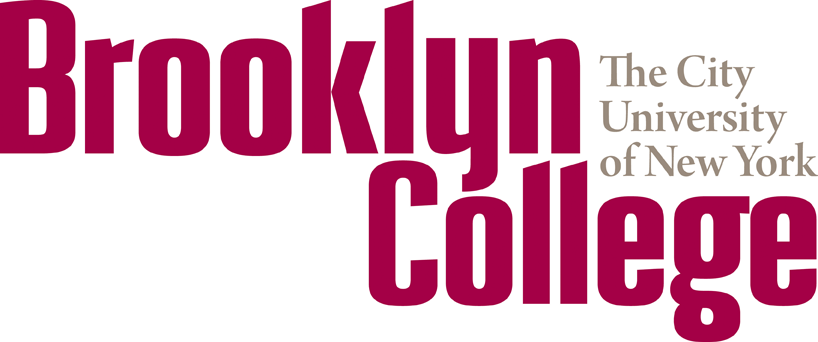
Publications and Research
Document Type
Article
Publication Date
12-20-2018
Abstract
Since the discovery of cisplatin and its potency in anticancer therapy, the development of metallodrugs has been an active area of research. The large choice of transition metals, oxidation states, coordinating ligands, and different geometries, allows for the design of metal-based agents with unique mechanisms of action. Many metallodrugs, such as titanium, ruthenium, gallium, tin, gold, and copper-based complexes have been found to have anticancer activities. However, biological application of these agents necessitates aqueous solubility and low systemic toxicity. This minireview highlights the emerging strategies to facilitate the in vivo application of metallodrugs, aimed at enhancing their solubility and bioavailability, as well as improving their delivery to tumor tissues. The focus is on encapsulating the metal-based complexes into nanocarriers or coupling to biomacromolecules, generating efficacious anticancer therapies. The delivery systems for complexes of platinum, ruthenium, copper, and iron are discussed with most recent examples.


Comments
This article was originally published in Inorganics, available at doi:10.3390/inorganics7010002.
This article is an open access article distributed under the terms and conditions of the Creative Commons Attribution (CC BY) license (http://creativecommons.org/licenses/by/4.0/).